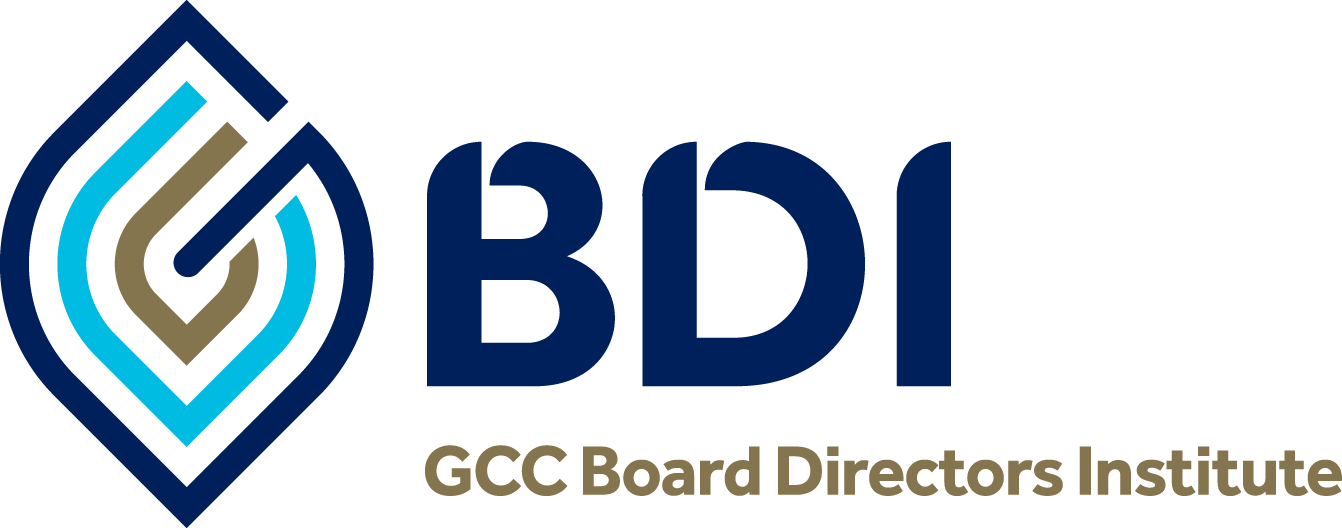On 25 March 2024, by Royal Decree 20 of 2024 (“FSA Law”), the Financial Services Authority (“FSA”) was established in Oman, with its headquarters based in the Governorate of Muscat. In essence, the FSA has now replaced the Capital Market Authority (“CMA”).
Attached to the decree is the system governing how the FSA functions. However, this will be available to us when it is published in the Official Gazette, and we shall issue a separate update on the system.
Background:
The CMA was established by the Capital Markets Law (Royal Decree 80 of 1998). In general, the functions of the CMA were widespread, overseeing and assuming several functions, including the supervision and development of the capital market and insurance sectors, and the licensing and regulation of certain types of companies. While the Capital Market Law has been repealed by the Securities Law (Royal Decree 46 of 2022), Articles 46 to 58 (inclusive) of the Capital Markets Law, pursuant to which the CMA was established, have been saved.
What’s changed?
- A new authority named the Financial Services Authority has been established.
- Perhaps fittingly, based on the scope of the duties that the CMA carries out being more than just the regulation of capital markets, the FSA has now replaced the CMA.
- Under Article II of the FSA Law, all allocations, assets, rights, obligations, holdings, and employees of the CMA stand transferred to the FSA.
- The phrase “Capital Market Authority”, wherever it occurs in any law, is replaced by the phrase “Financial Services Authority”.
- The FSA has taken over the competence to regulate the accounting and auditing profession from the Ministry of Commerce, Industry, and Investment Promotion. The Board of Directors of the FSA shall form the committee specified under the law regulating the accounting and auditing profession.
- Accordingly, the phrase “Ministry of Commerce, Industry, and Investment Promotion”, wherever it is used in the laws regulating the accounting and auditing profession, is replaced with the phrase “Financial Services Authority”.
As mentioned above, the system of governance has not yet been published, and it is the role of the Chairman of the Board of Directors of the FSA to issue regulations and decisions to implement the system. Until then, the existing laws, regulations, and decisions would continue to operate to the extent that they do not contradict the FSA Law.
Who does this affect?
All stakeholders who were either engaged with the CMA or have dealings in which the CMA is involved should be cognizant of this significant change. This change also affects accounting and auditing professionals and firms who will now deal with the FSA as opposed to the Ministry of Commerce, Industry, and Investment Promotion.
How can Al Tamimi help?
Al Tamimi and Companies Banking and Finance Team in Oman have significant experience dealing with aspects which the FSA (previously the CMA) governs and have advised various stakeholders, both local and foreign, on the Securities Law, the Capital Markets Law, and the Capital Market Regulations.
Key Contact
Sakshi Puri, Partner, s.puri@tamimi.com
